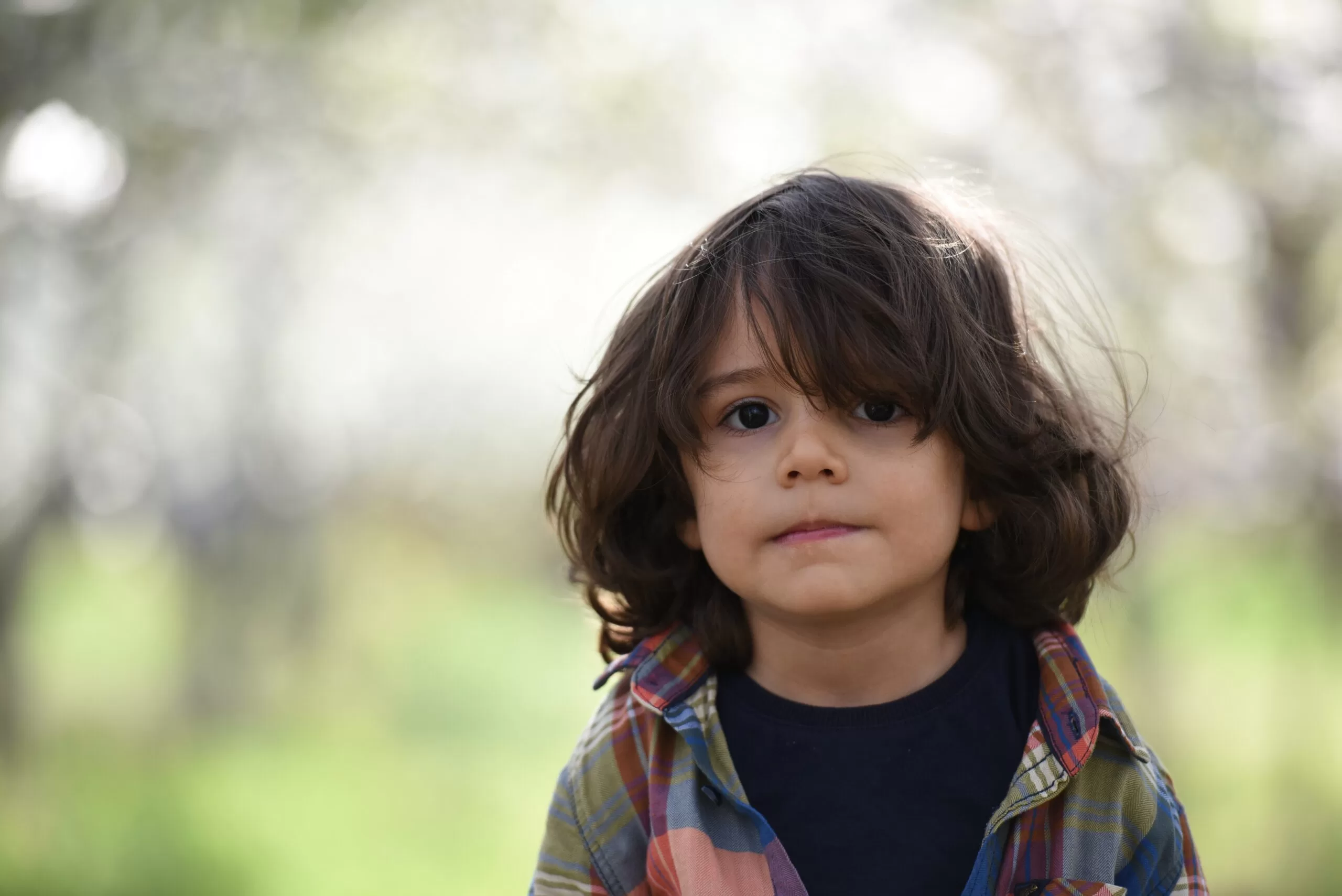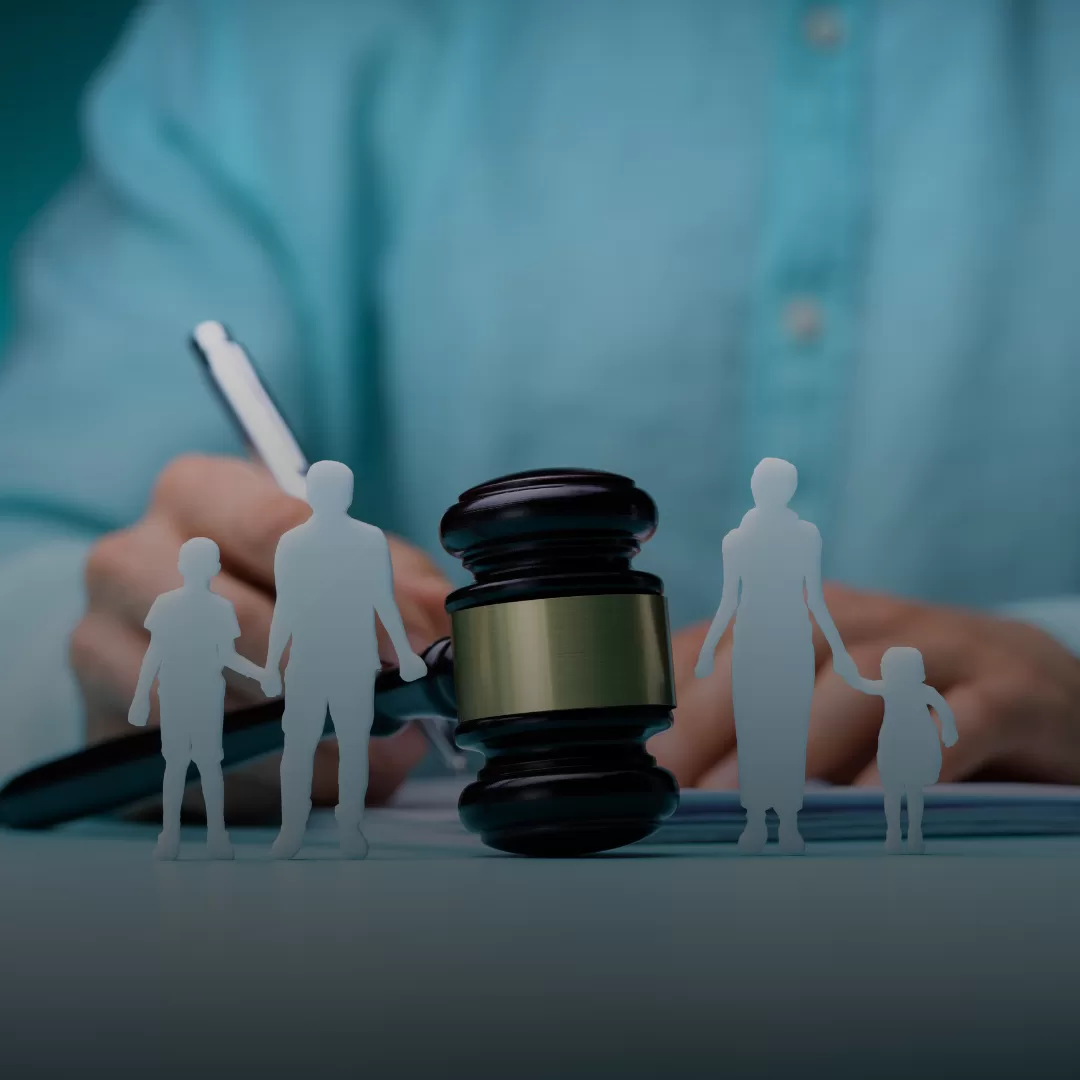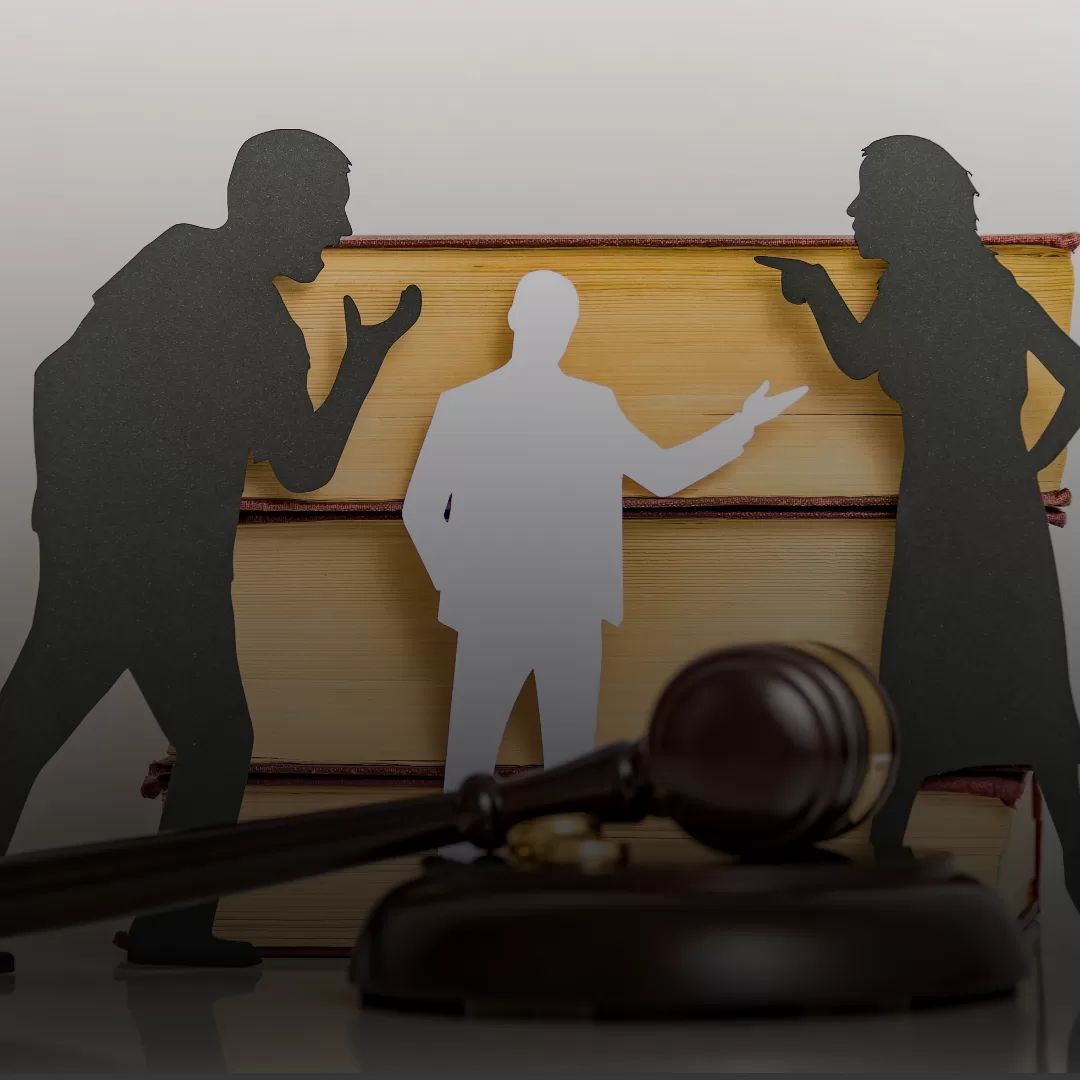Understanding the Impact of Divorce on Children in Maryland
Divorce can be a challenging and emotional experience for everyone involved, particularly children and adolescents. In Maryland, the divorce rate is higher than the national average. This has a long-term impact on many children.
Parents need to understand the effects of divorce on children, including behavior problems. Additionally, they must be aware of the coping skills they can use to support their children during this difficult time.
Effects of Divorce on Children
Research has shown that children and adolescents whose parents divorce are at an increased risk of experiencing emotional and behavioral difficulties. Studies have discovered that children with divorced parents are more prone to depression, anxiety, and other mental health difficulties in adulthood. They may also exhibit symptoms of stress, such as decreased academic performance, aggression, and social withdrawal.
In addition to emotional issues, children of divorced parents may face challenges developing healthy relationships. This is partly due to the uncertainty and conflict during a divorce. Children may feel abandoned or insecure. This can affect their capacity to trust others and form close relationships.
Behavioral Problems
Divorce can also lead to behavior problems in children and adolescents. This is particularly true for children exposed to conflict between their parents during divorce. Research has shown that children who witness high levels of conflict between their parents are more likely to experience behavior problems. Examples of these issues include aggression and acting out.
Divorced parents’ children are more likely to engage in risky behaviors. Examples of these behaviors include smoking, drug use, and early sexual activity. This is thought to be partly due to the decreased parental monitoring that can occur after divorce and the emotional turmoil that children may experience.
Coping Skills for Children of Divorce
Divorce can be difficult for kids and teens. Parents can teach their children coping skills to help them through this tricky period. One of the most important coping skills is communication.
Parents should be open and honest with their children about the divorce while also avoiding placing blame on or badmouthing the other parent. This can help children feel heard and understood while fostering a sense of trust.
Another coping skill for children of divorce is emotional expression. Parents should encourage children to express their feelings and emotions healthily through writing, drawing, or talking with a therapist. This can help children process their feelings and develop coping strategies to manage stress.
Maintaining a consistent routine is also essential for children of divorce. This can provide stability and definiteness, reassuring children who may feel their world is changing. Parents should work together to create a consistent schedule for their children, even if they split time between two households.
Finally, seeking support is also important for children of divorce. Parents should encourage their children to contact family members or friends they can trust. While considering divorce, they should explore family therapy and counseling. These resources can help their children and families cope with the emotional fallout.
As a law firm specializing in divorce, Divorce With A Plan understands divorce’s complex and emotional nature and its impact on children. We are committed to helping families navigate the legal process while giving importance to the best interest of their children.
During our consultation, our experienced attorneys can guide child custody, visitation, and child support matters. We are here to help. We will create a plan that considers your children’s needs. This plan will help them cope with the changes caused by the divorce. Contact us today.






